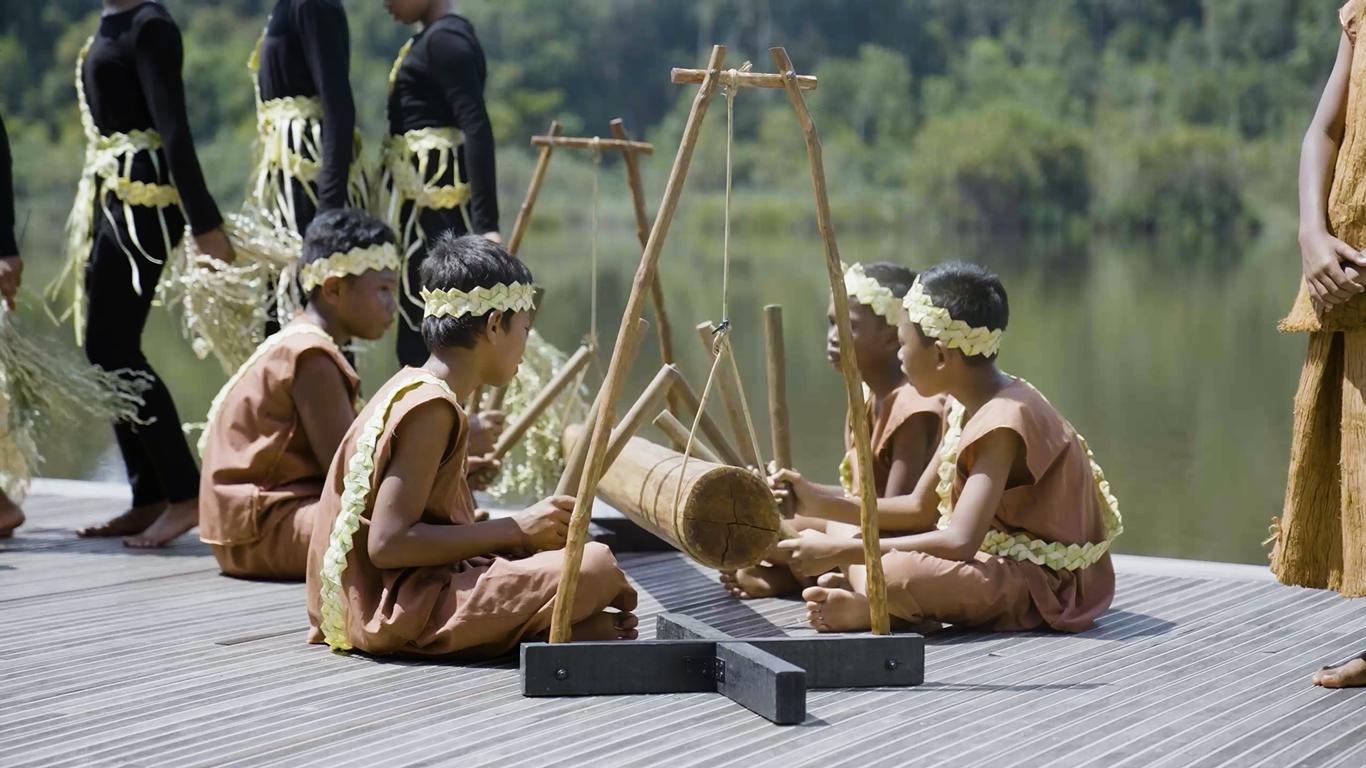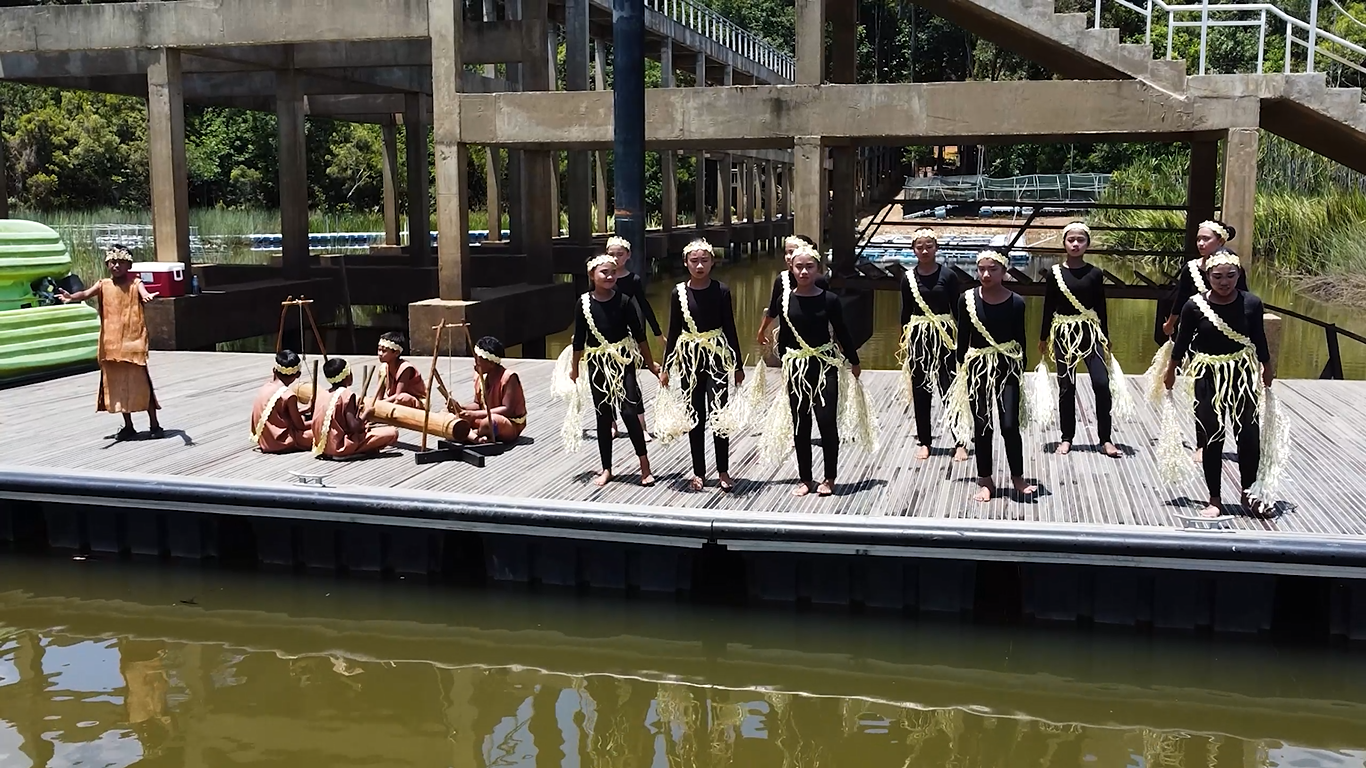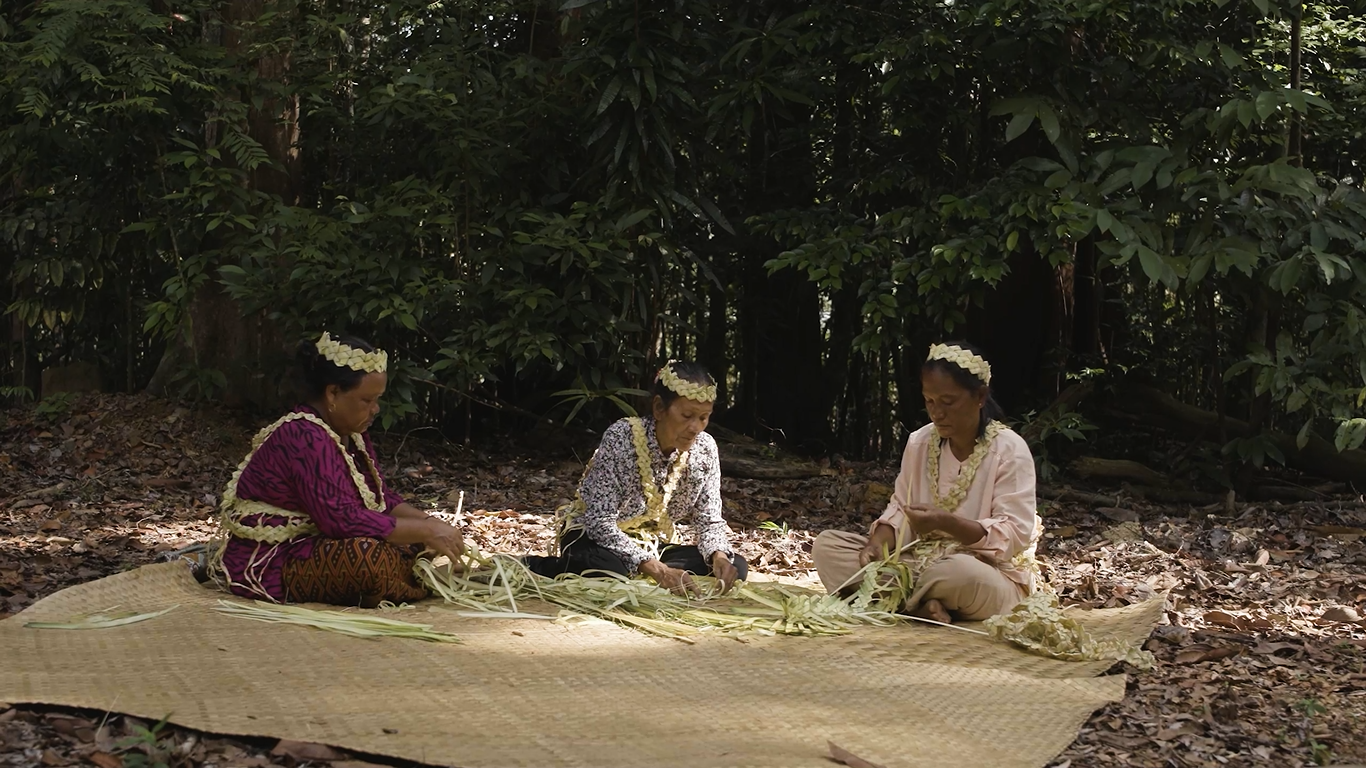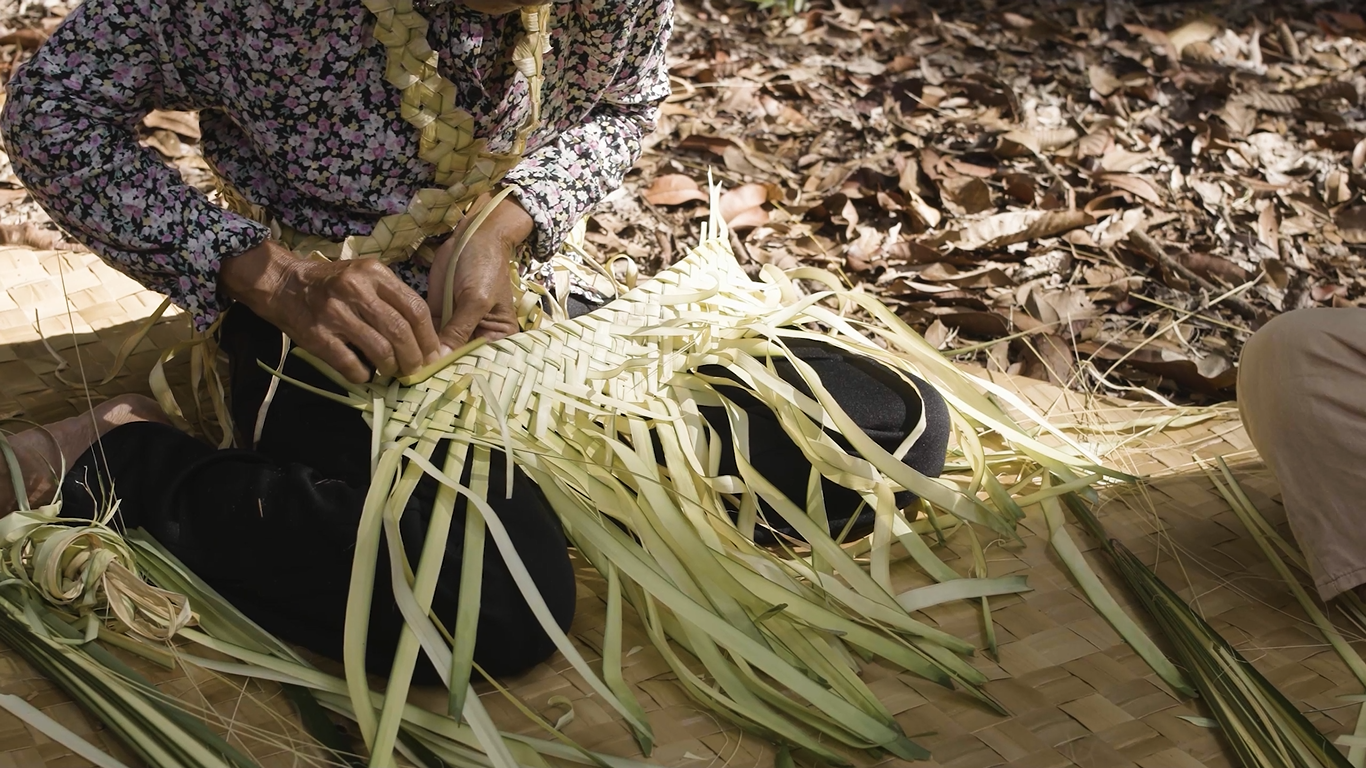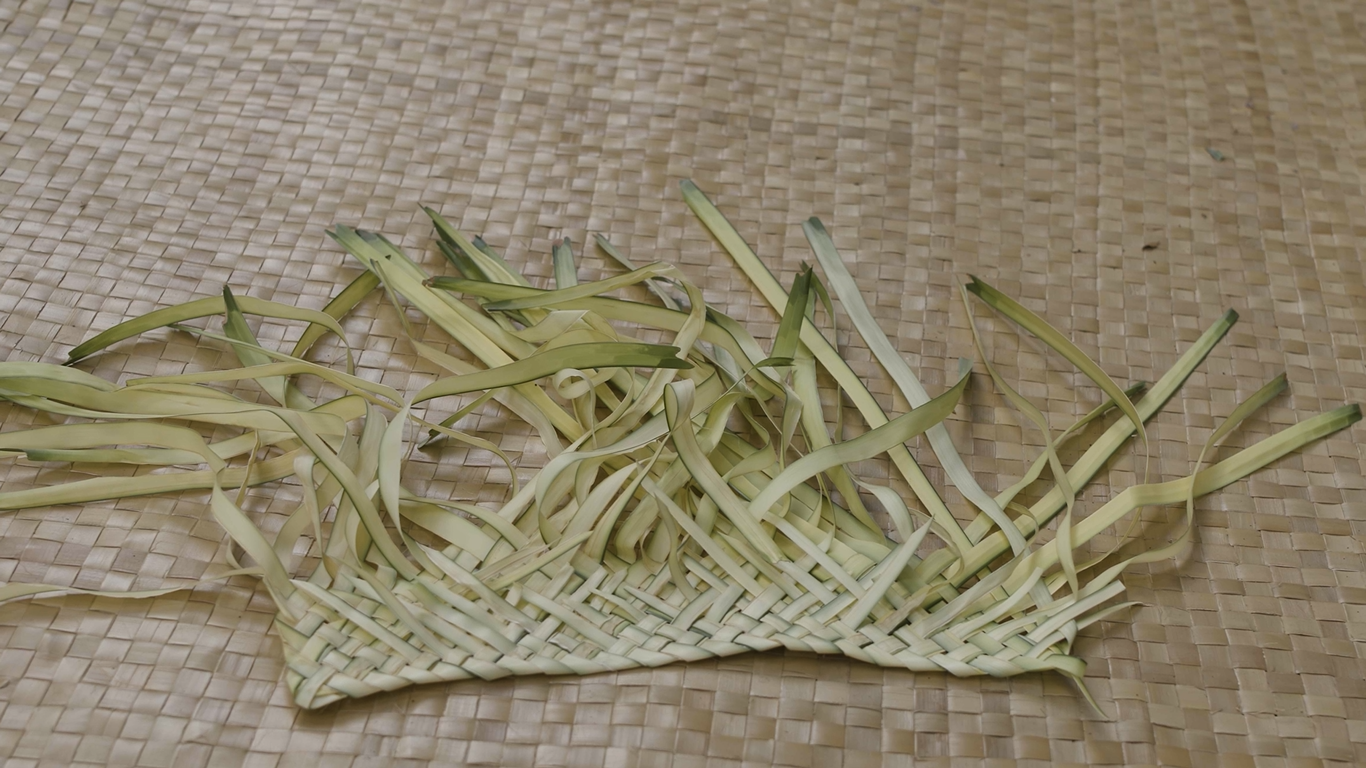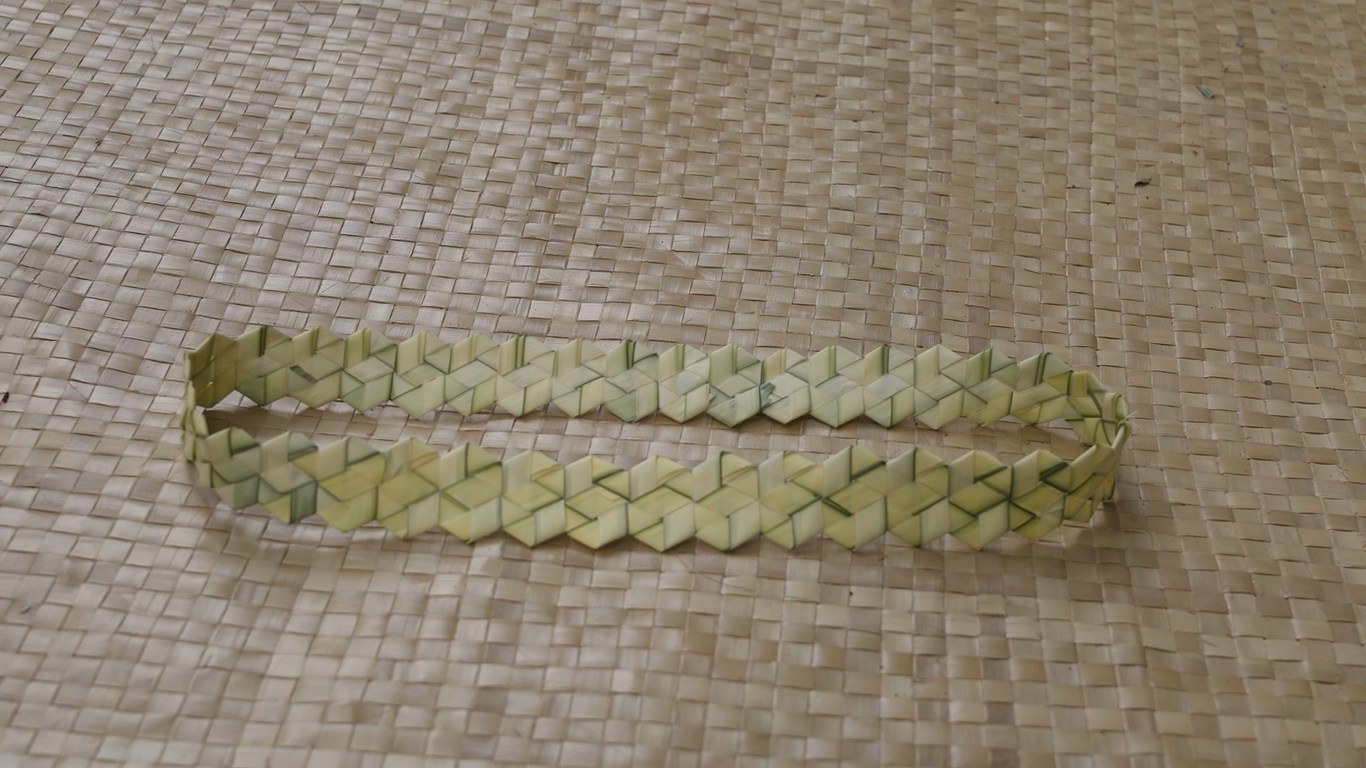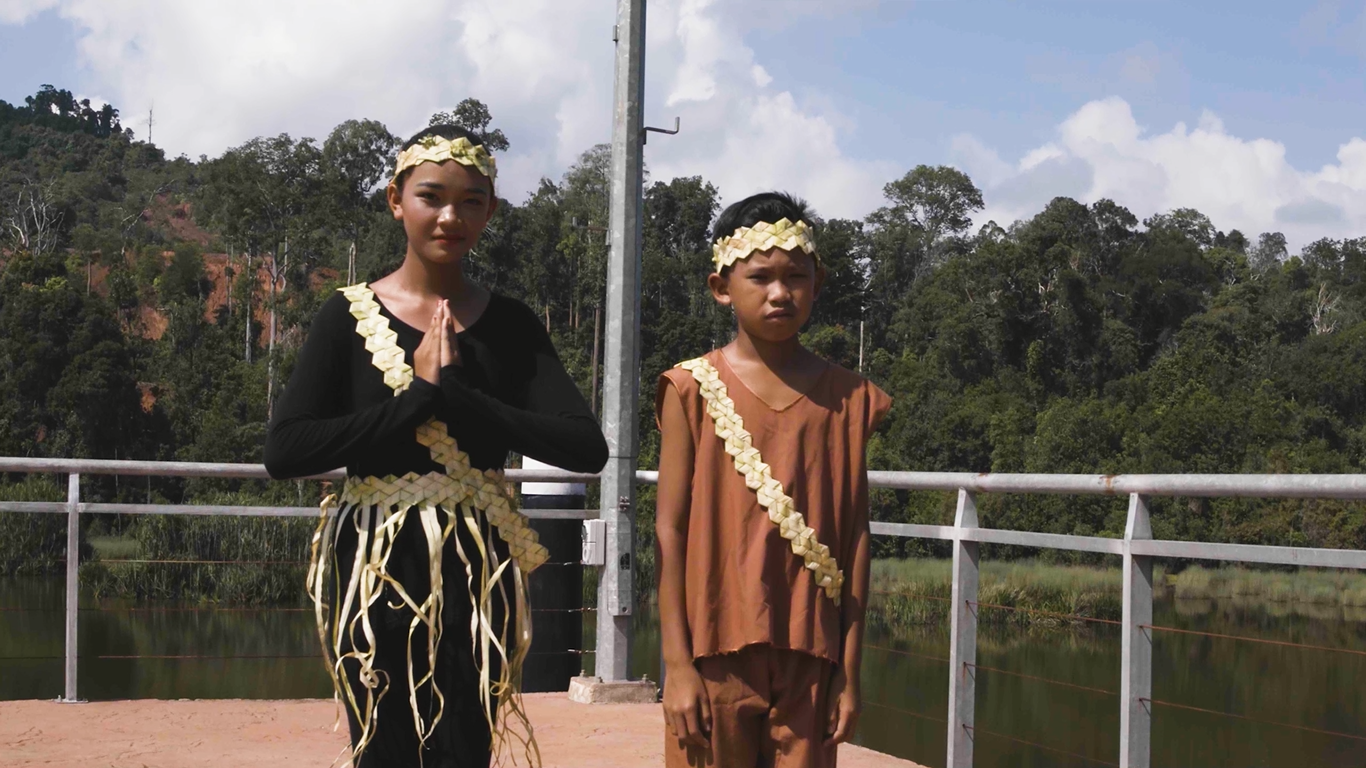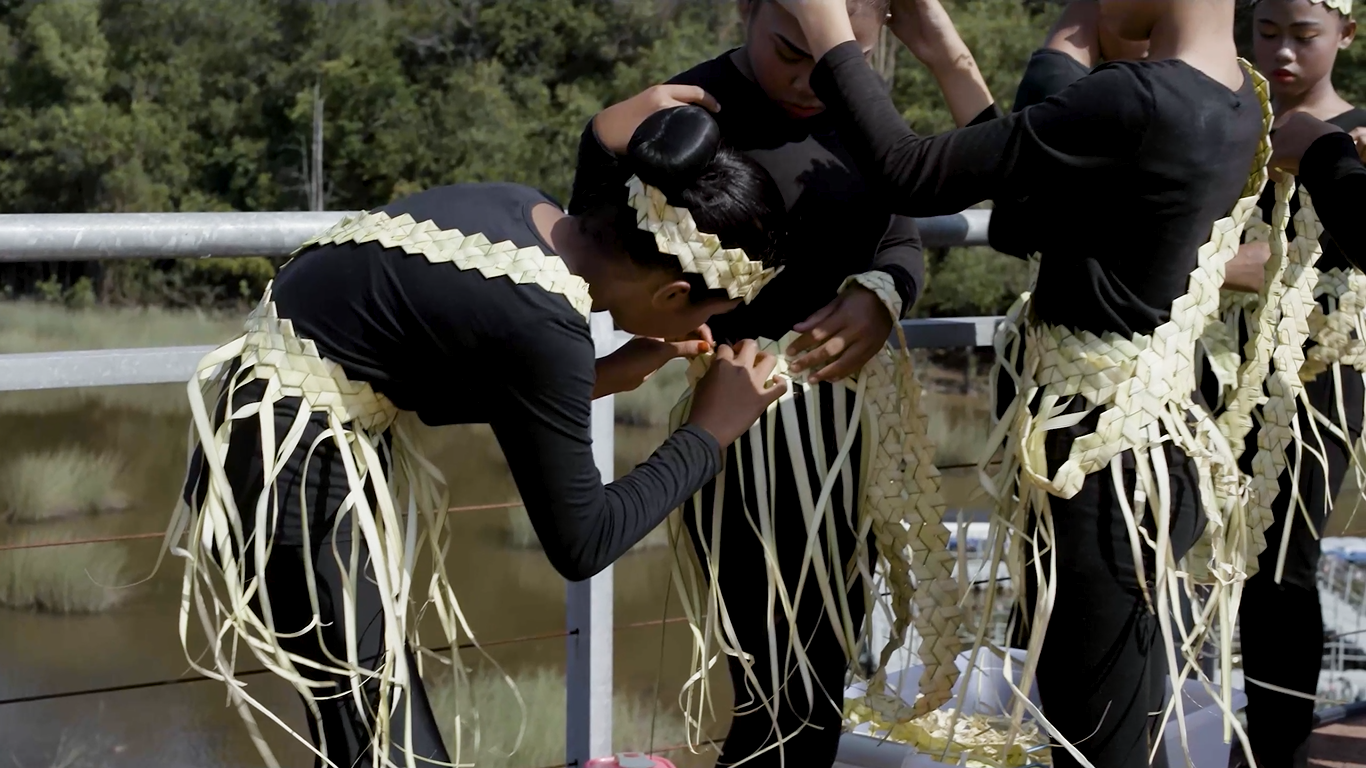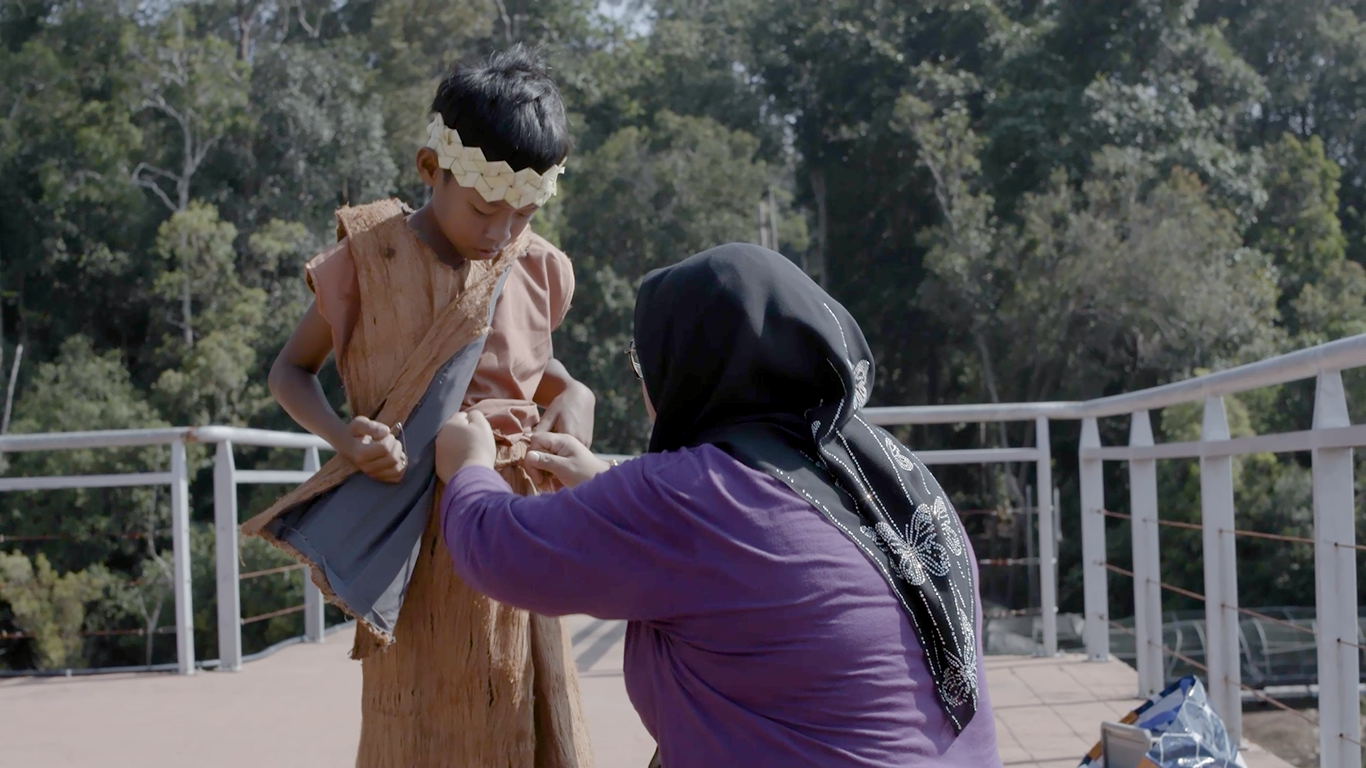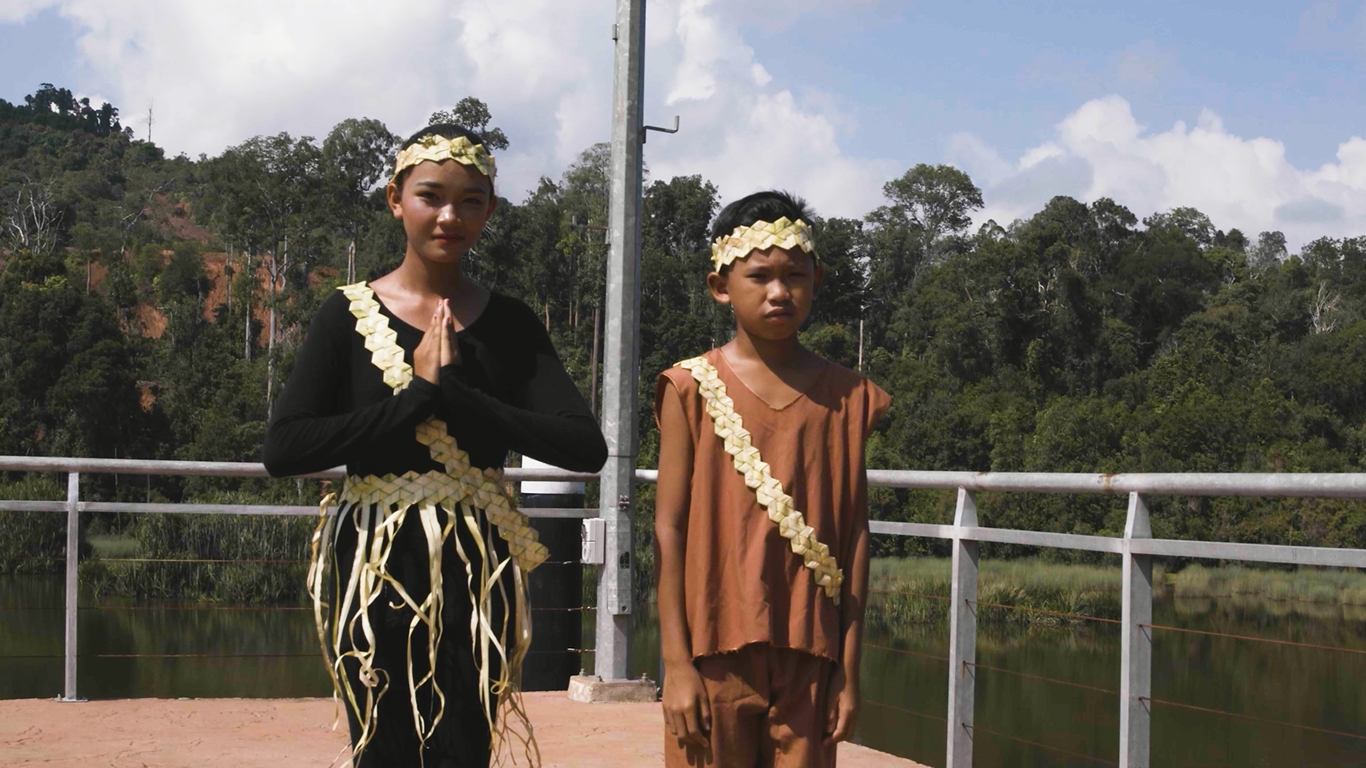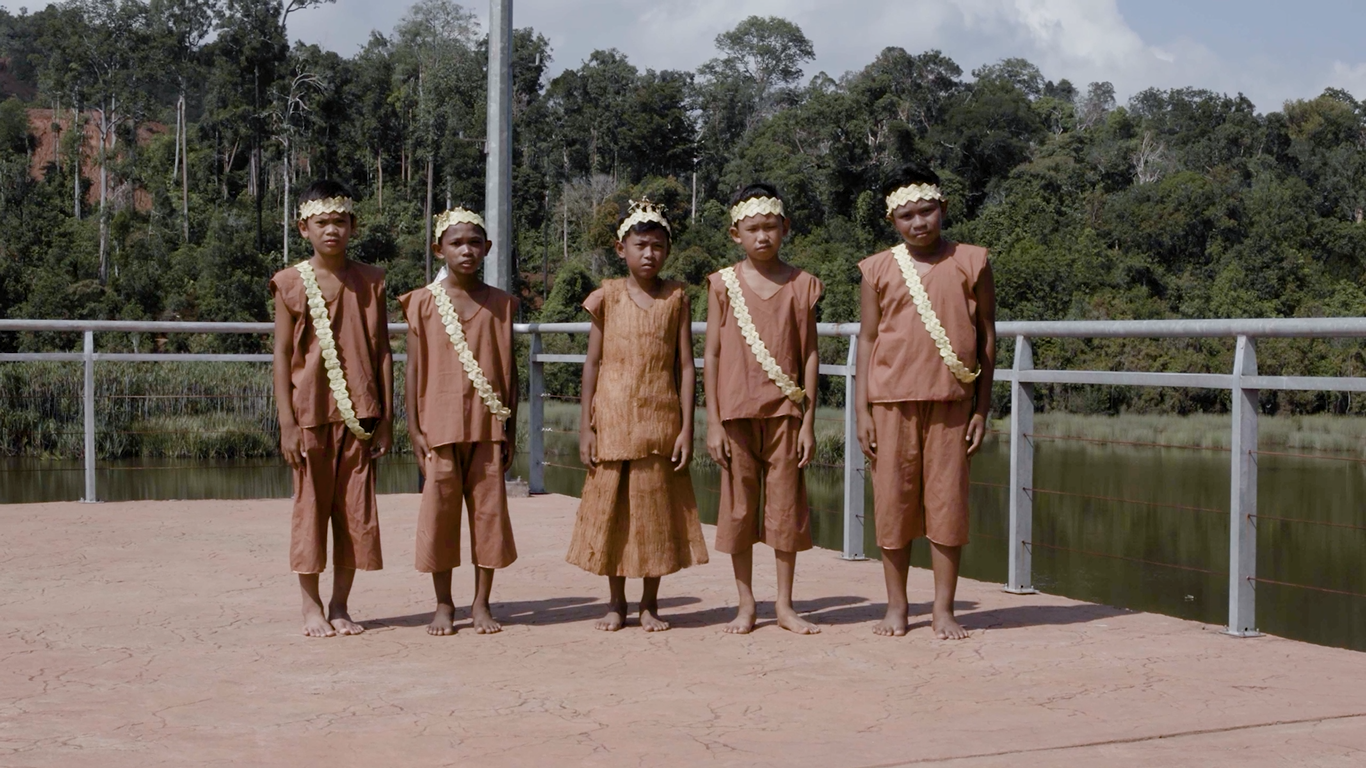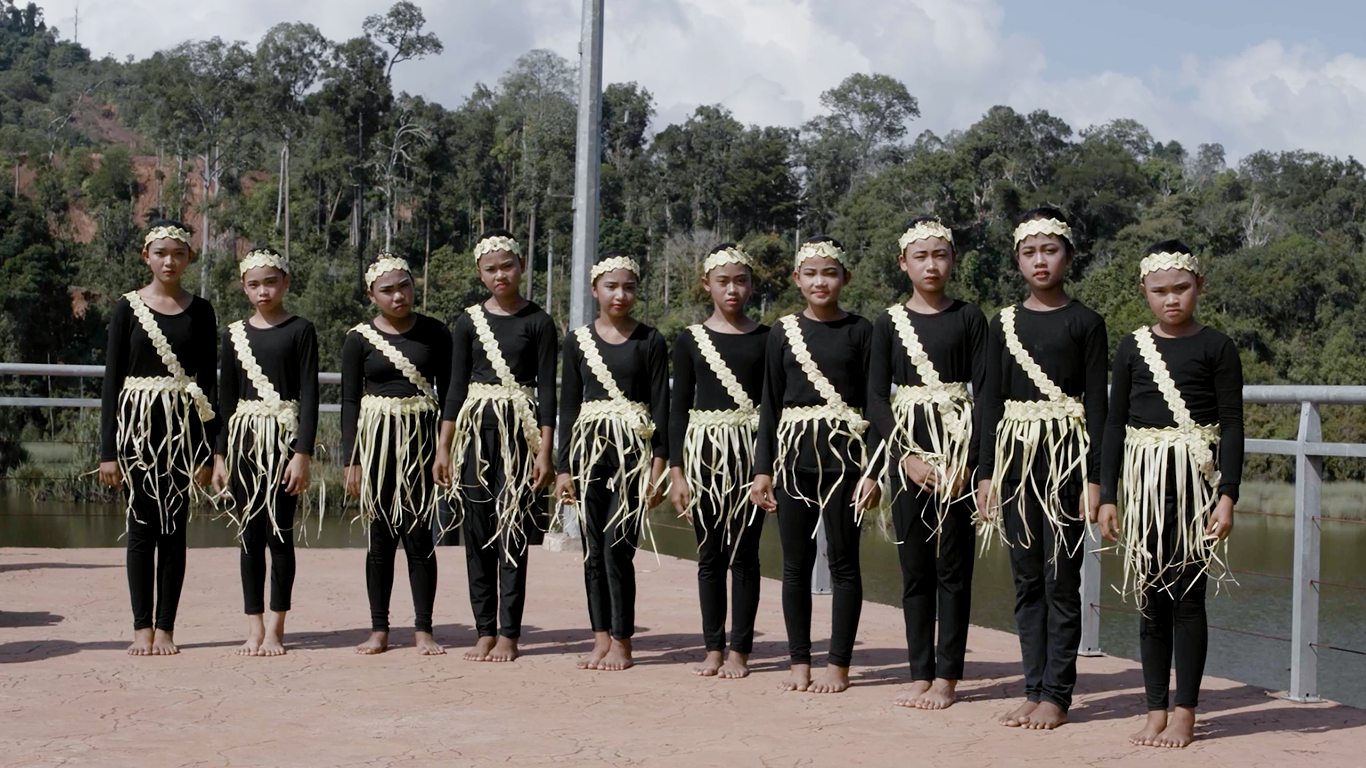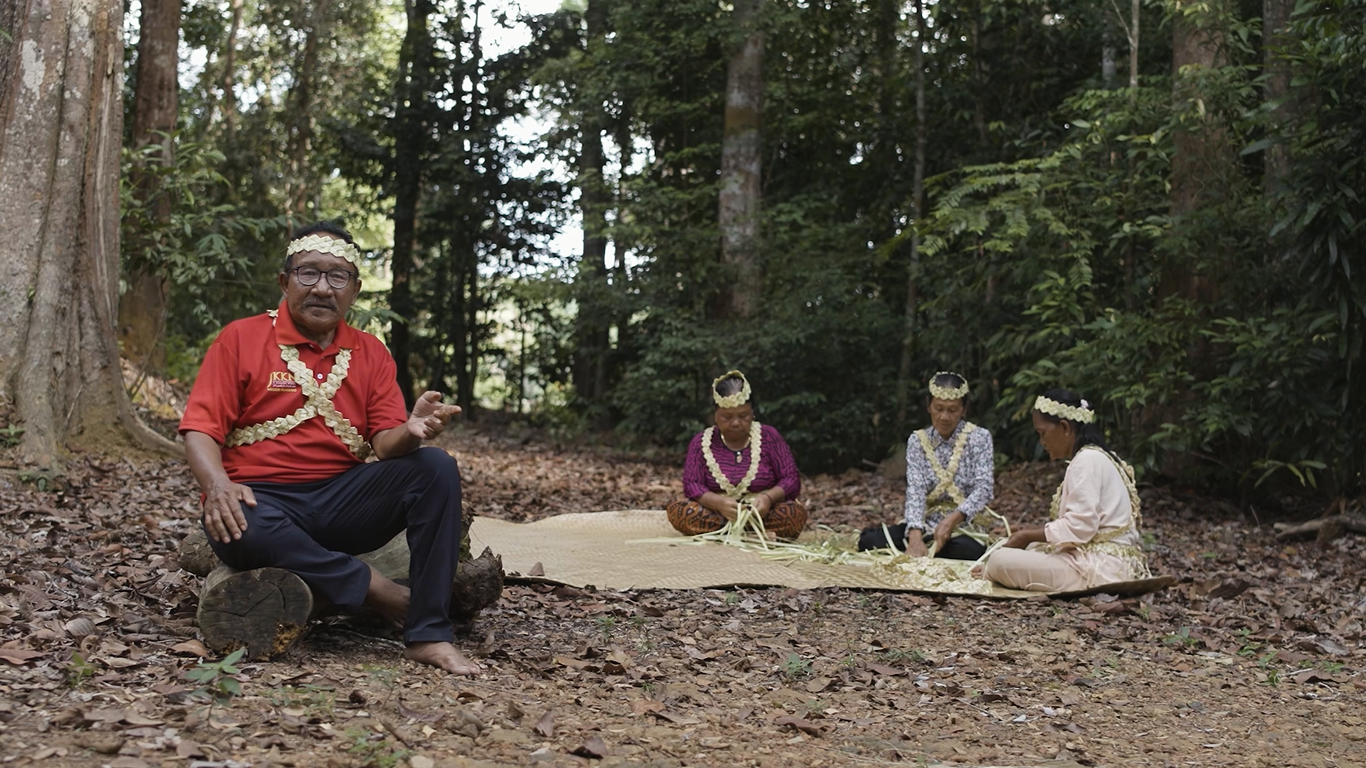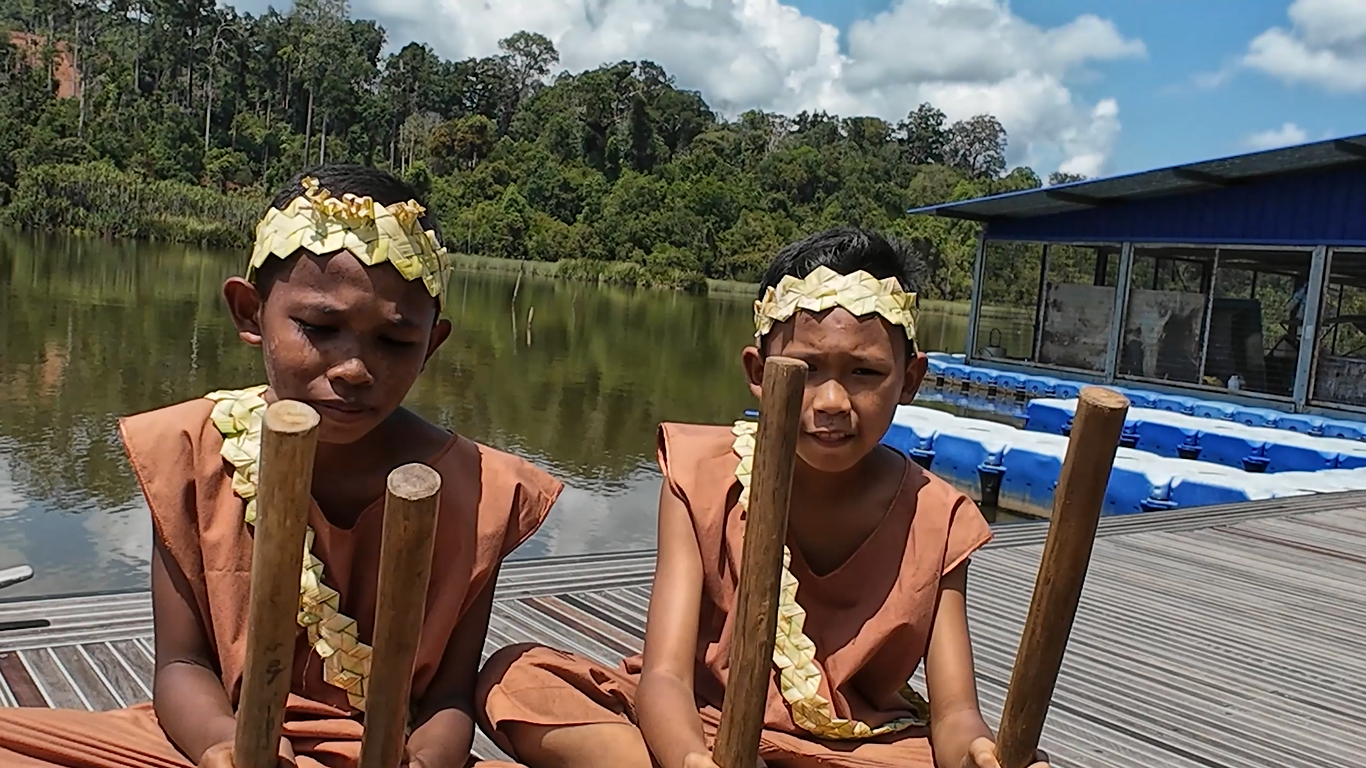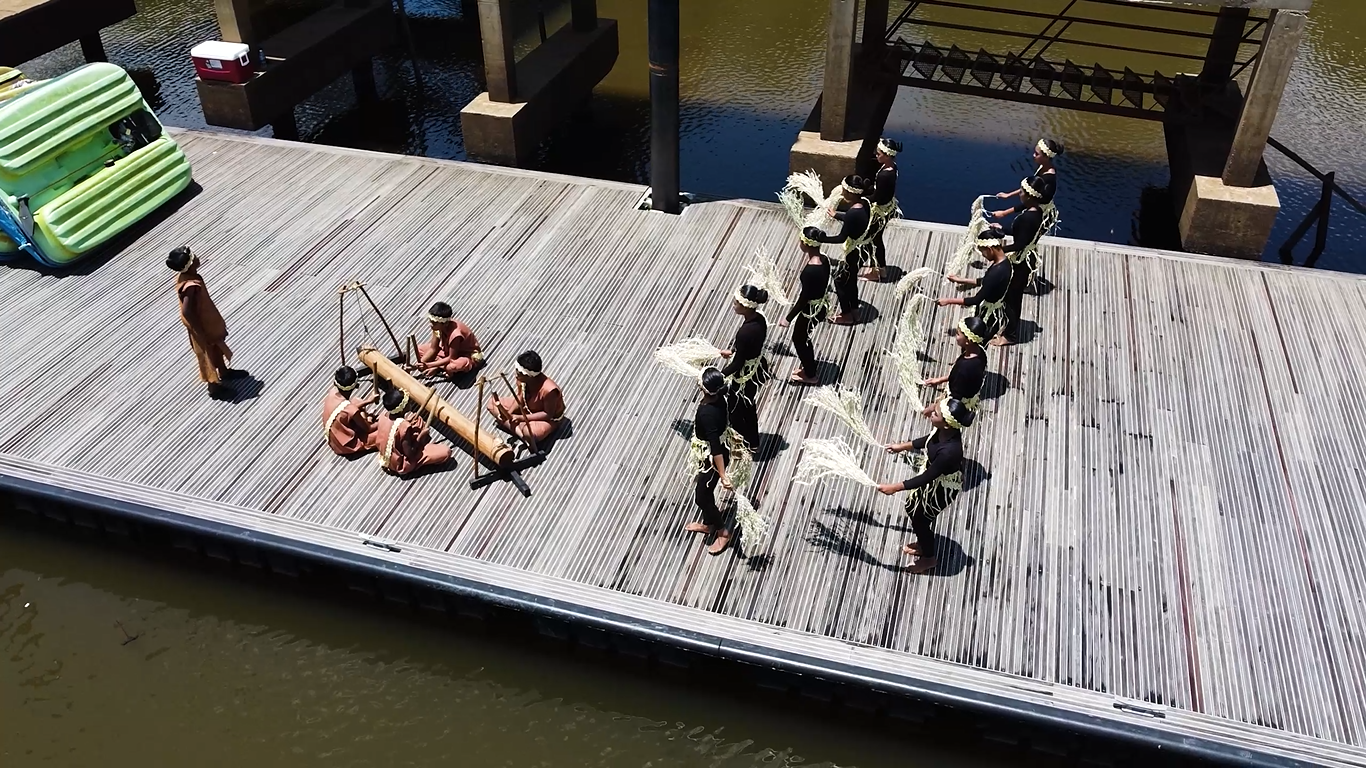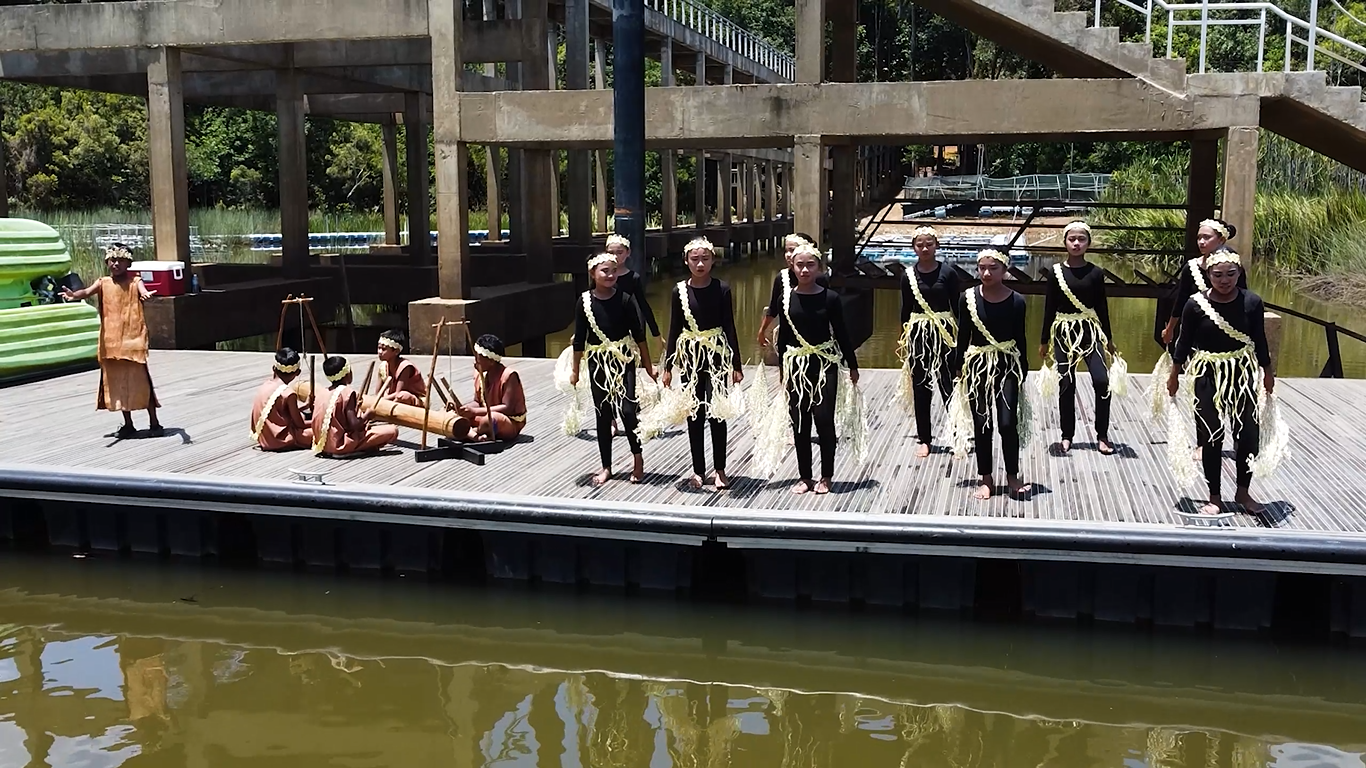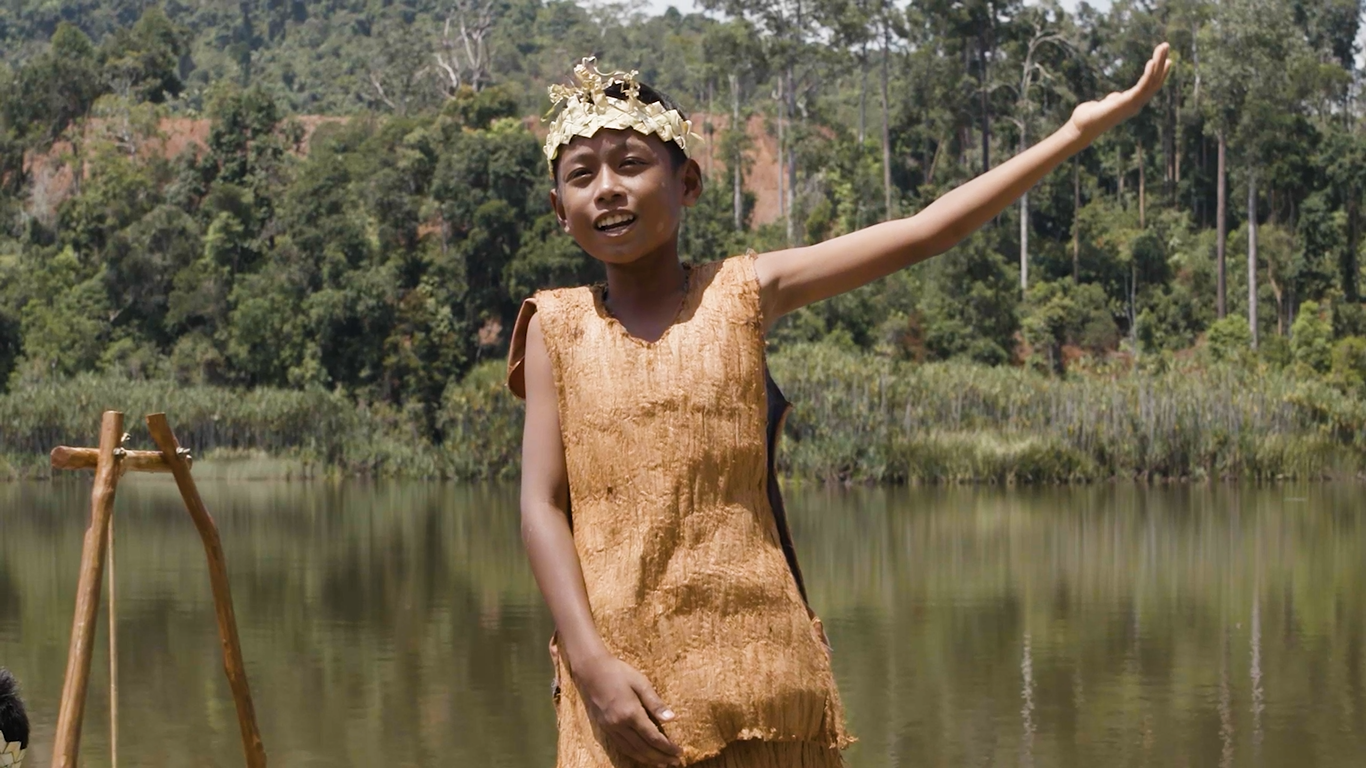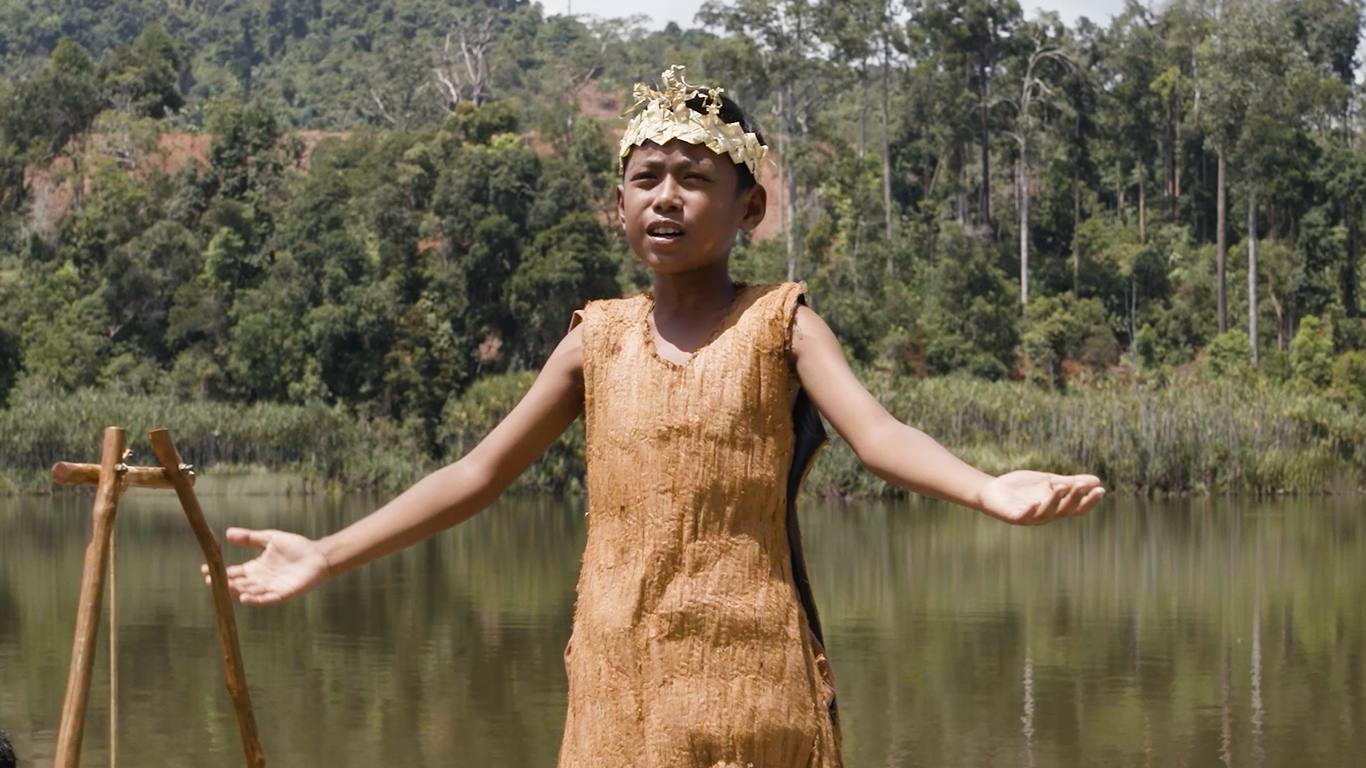ARTS AND CULTURE INFORMATION GATEWAY
Immerse yourself in the colorful world of art and culture! From traditional heritage to contemporary works, discover uniqueness that reflects the nation's identity and identity
TARIAN KELUNDANG
Picture
35
Video
Available
Today's Visitor
6
Number of Visitors
1395
Introduction and history
Kelundang means wood. The main item of Tarian Sewang Kelundang is the kelundang wood, hence the name. Initially, this dance was a tribe’s medicinal ritual and there were no dancers. But over time, the dance was introduced to the ritual as more people liked to watch the healing ceremony. This healing is not only practiced by Jakun people but also Semai and Temiar. The Jakuns will use the kelundang wood, but the Semai and Temiar use bamboo. However, the songs are sung in one’s respective dialect.
Kelundang ritual knowledge is obtained through acquiring and inheritance. Renown shamans inherited the knowledge of this shamanism or passed down their previous generations.
While healing, the panjang wood is tapped by all dancers for the sounds and rhythms. Two sticks are held by each dancer, using it to tap the wood. The healing takes quite a long time, which sometimes lasts all night. The wood for healing must be of batang peruan.
There are five male and female dancers, and a shaman, standing alternately. They wear headgears of palas (Licuala sp.) leaves, woven neatly like a centipede. The lyrics of the song are subject to the length of healing.
As times change, tarian kelundang is now commercialized, functioning as performance arts to welcome visitors to Jakun Orang Asli settlement, Gumum, Tasik Chini, Pahang.
The stem of a kelundang tree, cut into two feet, is hung on a handle like a gong leg. Knocking the trunk will produce music-like rhythmic thumps as a background of the dance. Fifteen dancers, musicians and singers do their moves following the basic steps of the sewang dance since both dances are akin to each other. The dance floor pattern is simple, circular and elongated. When dancing, the singers will sing poems in Jakun accent, celebrating their visitors and the beauty of Tasik Chini.
Title of Song - Welcome
This is not just of any bee
The bees nesting in the tualang
This is not any kind of welcome
Welcoming you the revered lords
The stick is not just of any stick
It branches far into the forest
We do come from afar
For ye dancing the kelundang
The lake is not just of any
Chini is a given name
It is not just of any lake
There lives a mystique dragon
How high is the Mount Tahan?
They row to Kuala Bera
Let's observe it through and through
Politeness is the value
The Temakang Hill the Gelugor Hill
Seen from Tasik Chini
We welcome the good you
When shall we meet again?
The bees are not just any bee
They nest in the bamboo trees
The reverence is not of any kind
We do so with two hands.
Performance Arts
Dancing, the dancers, male and female, will wear the same color. While the accessories are woven palm leaves called the jari lipan (centipede fingers), worn as a headgear and belt.
A kelundang tree stem, cut into two feet, is hung on a handle like a gong support (foot).
Tarian kelundang is danced by fifteen dancers, musicians and singers. It is based on the sewang dance moves, danced on a circular and elongated floor.
Reference Source
i. Bahan Bacaan
Mohd
Mokhtar bin Bakar. (2003). Eksedisi Berakit Sungai
Pahang 2003. Pahang : Perbadanan kemajuan Bukit Fraser (Pelancongan Budaya)
Man, Z., Ne, Y. E., & Melai, A. K.
(2019). Penyertaan orang Asli dalam aktiviti eko-pelancongan di Tasik Chini,
Pahang, Malaysia. Malaysian Journal of Society
and Space, 15(4), 50-63.
Yana Liana. (2014). Tarian Kelundang: blogspot: muat
turun pada 29 Oktober 2014 daripada
https://yanapiz.blogspot.com/2014/10/tarian-kelundang.html
ii. Tokoh (jika ada temu bual tokoh) : Nubi bin Sia
Location
State JKKN Contact Information
Puan Norlelah Abd Karim
Cultural Officer
Jabatan Kebudayaan dan Kesenian Negara, Pahang
Kompleks JKKN Pahang
Lot 57100, Jalan Teluk Sisek,
25000, Kuantan,
Pahang Darul Makmur
09-517 8466

 Sekolah Kebangsaan Tasik Cini Pekan (JHEOA)
26690 Chini, Pahang
Sekolah Kebangsaan Tasik Cini Pekan (JHEOA)
26690 Chini, Pahang
